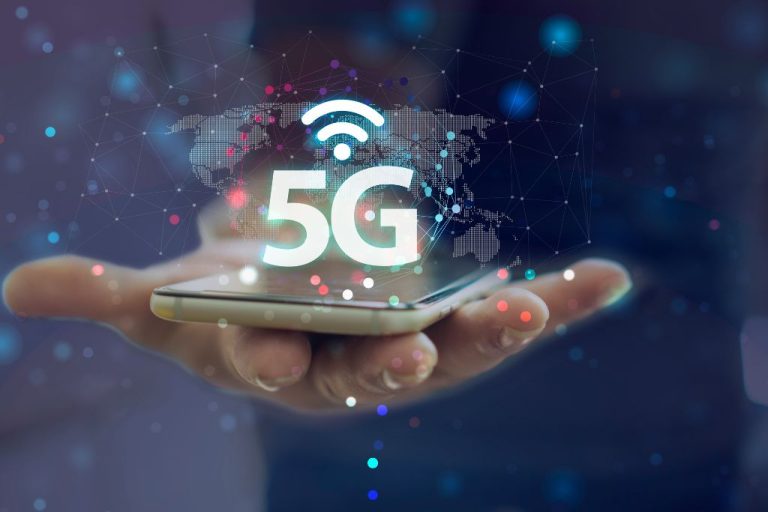The Global Impact of 5G Networks: Adoption and Growth
telcomatraining.com – The advent of 5G networks marks a significant leap forward in wireless communication. As nations and industries worldwide continue to adopt this cutting-edge technology, its impact on various sectors, including business, healthcare, and entertainment, is undeniable. This article explores the global adoption and growth of 5G networks, highlighting their transformative potential and challenges.
The Rise of 5G Technology
5G, or the fifth generation of wireless networks, is designed to provide ultra-fast data speeds, reduced latency, and massive connectivity capabilities. Unlike its predecessors, 5G is expected to support a wide range of applications, including the Internet of Things (IoT), smart cities, autonomous vehicles, and remote healthcare.
According to industry reports, 5G adoption is accelerating at an unprecedented rate. Telecom giants such as Verizon, AT&T, and Huawei are at the forefront of its deployment, investing billions in infrastructure upgrades. Countries like the United States, China, South Korea, and Germany have already rolled out nationwide 5G networks, with many others following suit.
Economic and Industrial Impact
The economic impact of 5G is projected to be monumental. Experts predict that 5G will contribute approximately $13.1 trillion to the global economy by 2035. This growth stems from enhanced productivity, job creation, and new business opportunities across various industries.
- Manufacturing: The introduction of 5G enables smart factories with automated machinery, real-time data analytics, and AI-driven decision-making, leading to increased efficiency and reduced operational costs.
- Healthcare: 5G facilitates telemedicine, robotic surgeries, and remote patient monitoring, ensuring better healthcare services, especially in rural and underserved areas.
- Entertainment & Media: With ultra-fast connectivity, streaming services, augmented reality (AR), and virtual reality (VR) experiences are set to revolutionize the entertainment industry.
- Transportation & Smart Cities: 5G powers autonomous vehicles, intelligent traffic systems, and interconnected infrastructure, making urban living more efficient and sustainable.
Challenges in 5G Adoption
Despite its numerous advantages, 5G deployment faces several challenges:
- Infrastructure Costs: Building 5G infrastructure requires substantial investment in fiber optic cables, small cells, and base stations.
- Security Concerns: With increased connectivity, cybersecurity threats and data breaches become more prevalent, necessitating robust security measures.
- Regulatory Hurdles: Governments worldwide must develop policies that facilitate 5G deployment while addressing privacy, spectrum allocation, and competition concerns.
- Global Disparity: While developed nations rapidly adopt 5G, many developing countries struggle with deployment due to financial and technological constraints.
The Future of 5G Networks
The future of 5G looks promising, with continuous advancements in technology and increased collaboration among industry leaders. Researchers are already exploring 6G networks, which are expected to offer even greater speeds and capabilities. In the coming years, 5G will be instrumental in shaping smart cities, digital economies, and next-generation innovations.
As adoption rates continue to rise, businesses and governments must collaborate to address challenges and maximize the benefits of 5G technology. This will ensure that the global impact of 5G is both sustainable and inclusive, bridging the digital divide and fostering innovation worldwide.
Conclusion
The global adoption of 5G networks is transforming industries and economies at an unprecedented pace. While challenges exist, the potential benefits far outweigh the obstacles. As 5G continues to evolve, its impact will be felt across all aspects of daily life, ushering in a new era of connectivity, efficiency, and innovation. Embracing this change will be crucial for businesses, policymakers, and consumers alike.







